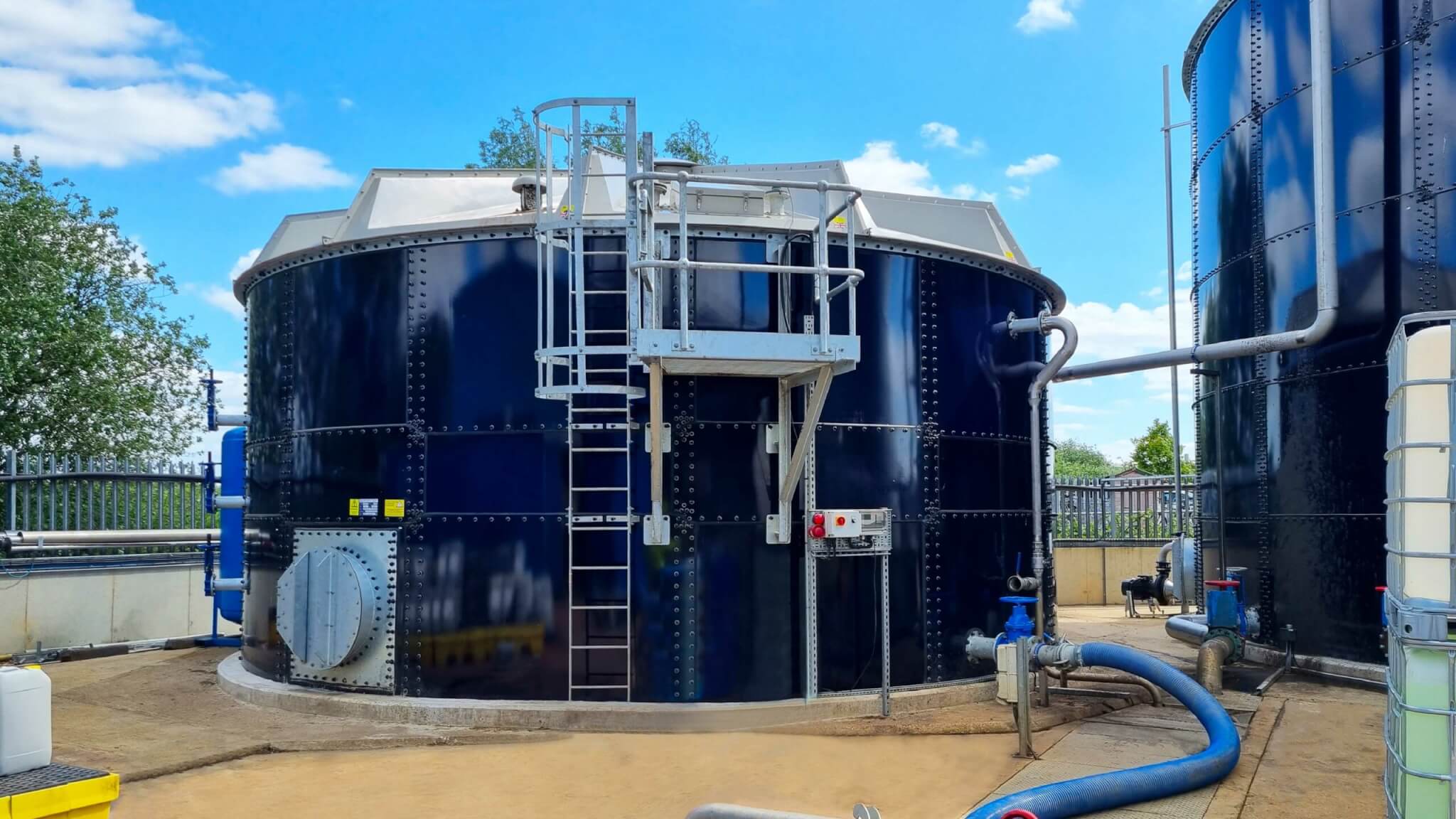
Waste water treatment FAQs
Contact us
Waste Water Treatment
Frequently asked questions
What is waste water?
Waste water is contaminated water that has been used for commercial and industrial processes – i.e. washing down equipment.
Why do I need to treat my waste water?
The main reason for treating waste water is to help protect the environment it is discharging into. It may also help to reduce your Mogden fee.
Why does waste water need chemical treatment?
For an effluent plant to work and operate correctly the waste water needs to be conditioned to the correct pH levels and to be prepped for further biological treatment. This is also one of the most cost effective ways to reduce water pollution before discharging into sewers.
What are the main steps of waste water treatment?
The main steps are primary treatment (screening), secondary (chemical treatment and fog removal) and tertiary treatment (biological treatment). Depending where you are discharging, you may require fewer steps.
What is sewage?
Sewage refers to waste water which also contains excrement. Once it is directed to the sewer, it is known as sewer water.
How can I monitor my waste water quality?
Our specialists can take samples of your water for lab testing. For more frequent testing, we can help to set up simplified lab testing in-house to test and analyse your own waste water.
What parameters do I need to monitor for my waste water?
Waste water parameters depend on your consent to discharge. Typically they will be COD/BOD, ammonia and/or suspended solids. More parameters may be required by local authorities – so it is always best to check with them.
How do I know what type of treatment I need?
Our specialists offer free site meetings to discuss your requirements and offer advice for next steps.
Sign up to our newsletter
We’ll use the details you give us to send you news, updates, offers and other information relating to GlenFarrow products and services.